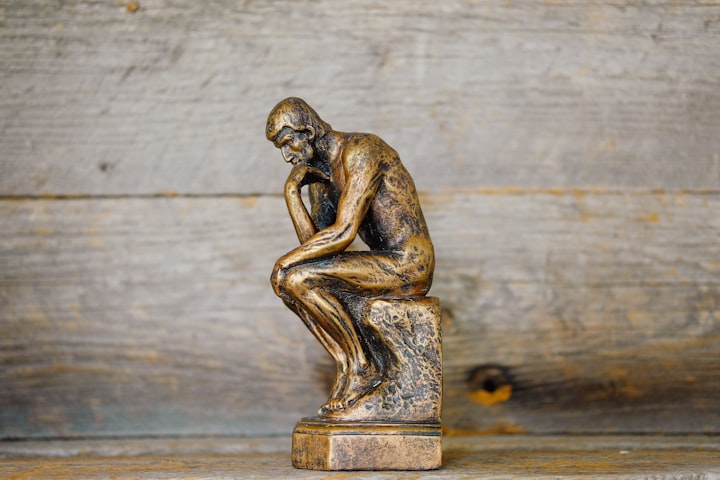The 21st Amendment
An End to Prohibition

In the present, some states have more availability of alcohol than others, depending on the culture. In 1933, the 21st Amendment to the Constitution had repealed Prohibition. Amendments require three-fourths majority of state representative's approval. Prohibition had begun in the early 19th century as a way of attempting to curb the people’s drinking habits. The 21st Amendment had been proposed by Congress on February 20th, 1933, and is noted for being the only Amendment that nullified another Amendment. The 18th Amendment had originally been put in place, because of the temperance movement.
Prohibition began in June of 1919 despite President Woodrow Wilson’s veto. The Volstead Act imposed Prohibition, which created a Prohibition unit stemming from the Treasury Department, and the unit destroyed thousands of illegal stills that bootleggers were running. This climate led to the rise of criminals like Al Capone from Chicago, even as federal, and state governments lost billions in tax revenue. The Prohibition term for saloons was “speakeasies.” Mississippi was the last state of the union to end Prohibition in 1966, but 33 years earlier the 21st Amendment was passed and ratified, as Prohibition had made the alcohol issue worse, not better.
The 21st Amendment has text such as “The eighteenth article of amendment to the Constitution of the United States is hereby repealed,” because Prohibition was taking away revenue from alcohol sales in the United States as a whole. Drinking under Prohibition increased, precisely because drinking was illegal in the land of the Free. The 21st Amendment became official on December 15th, even as people started drinking openly before the date it became law. There is a list of states that ratified the amendment, in the order it was ratified: Michigan, Wisconsin, Rhode Island, Wyoming, New Jersey, Delaware, Indiana, Massachusetts, New York, Illinois, Iowa, Connecticut, New Hampshire, California, West Virginia, Arkansas, Oregon, Alabama, Tennessee, Missouri, Arizona, Nevada, Vermont, Colorado, Washington, Minnesota, Idaho, Maryland, Virginia, New Mexico, Florida, Texas, Kentucky, Ohio, Pennsylvania, Utah, followed by Maine, South Carolina, and North Carolina.
States that did not act were: Georgia, Kansas, Louisiana, Mississippi, Nebraska, North Dakota, Oklahoma, and South Dakota. The 21st Amendment requires that the states have a license, and a fee to import beer anywhere inside its borders. The legal drinking age was made to be 21, but this still depends on the state even today. The essential goal of the 21st Amendment was to allow the States to maintain an effective system to regulate liquor’s transportation, importation, and usage.
The Constitution has been amended 27 times besides the 21st Amendment that was ratified in 1933. The 18th Amendment, had been ratified in 1919 on the heels of the end of World War I. Slowly, alcoholism was coming to be a more recognizable illness, but there were few resources. Prohibition’s repeal left the decision to allow alcohol in the hands of the States, as well as the people who live in those states. Ratification had been called upon convention delegates, rather than legislators, which was not something that had happened before. Prohibition had failed to curb the wild consumption of alcohol in a land where freedom is valued. Yes, free will also means that people can stop drinking if they need to. It means that sobriety is a choice. Alcohol is free flowing in the United States, but in a country like Saudi Arabia, it is illegal. Many folks have not been to Saudi Arabia, and do not know what it is like to be in a country where people cannot, and do not choose to drink any sort of alcohol.
Works Cited
About the Creator
Iria Vasquez-Paez
I have a B.A. in creative writing from San Francisco State. Can people please donate? I'm very low-income. I need to start an escape the Ferengi plan.






Comments
There are no comments for this story
Be the first to respond and start the conversation.